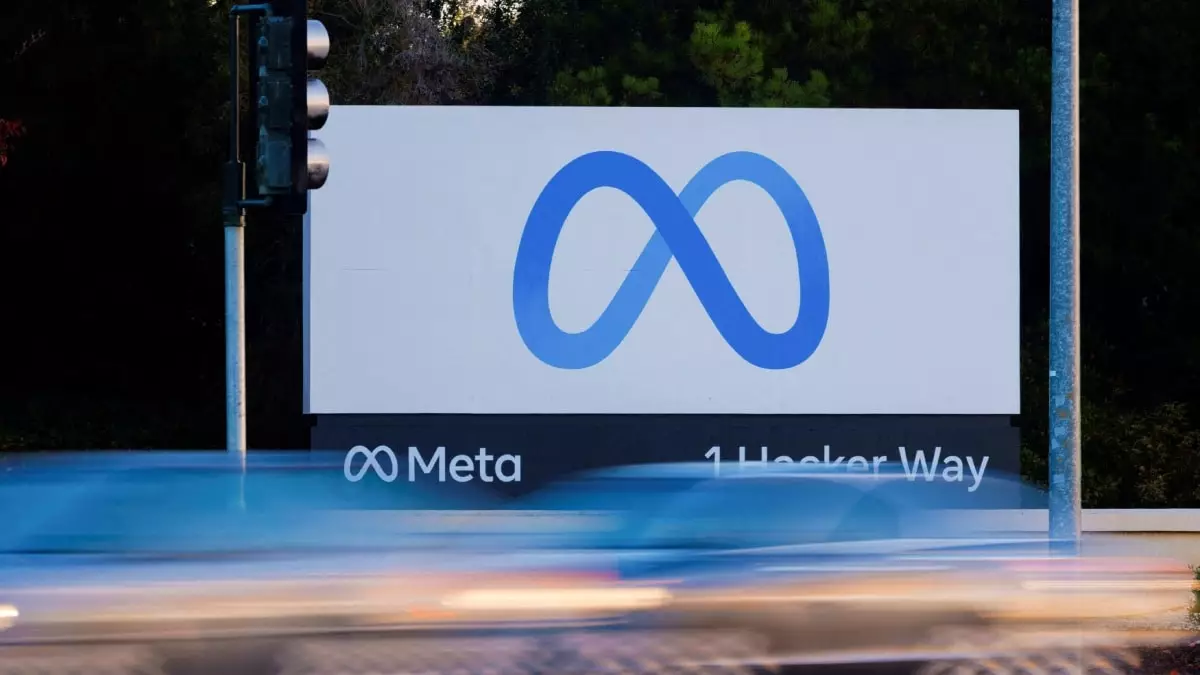In a significant ruling that underscores the stringent nature of data protection regulations within the European Union, Meta, the parent company of Facebook, has been levied with a hefty fine of €91 million (approximately $101.5 million) by Ireland’s Data Protection Commission (DPC). This action stems from the revelation that Meta had been storing user passwords in an unsecured format—specifically, without any form of encryption. The DPC’s ruling is a culmination of a five-year investigation triggered by Meta’s own admission that it had mishandled user passwords.
The core issue raised by the DPC revolves around what is widely considered best practice in password management: no user credentials should ever be retained in plaintext format. Graham Doyle, the Deputy Commissioner of the DPC, emphasized the gravity of the breach, as plaintext storage drastically increases the potential for misuse by malicious actors. Despite Meta’s assurances that the passwords had not been accessed externally, the revelation raises alarm bells within the cybersecurity community regarding the company’s risk assessment and operational protocols.
Meta’s engagement with the DPC during the investigation signals the company’s recognition of the misstep and its commitment to rectifying past mistakes. Following the identification of the security flaw during a routine review in 2019, Meta claims to have undertaken immediate corrective measures. A spokesperson for the company expressed that there was no evidence to suggest that the passwords had been accessed or exploited improperly, aiming to reassure users and stakeholders alike. However, even with these claims, the event casts a long shadow on Meta’s reputation concerning user privacy and data security, as it raises concerns regarding what other potential vulnerabilities may exist within their systems.
This significant fine falls under the umbrella of the General Data Protection Regulation (GDPR), an extensive legal framework designed to protect the privacy of EU citizens. The ruling also reflects a growing trend among EU regulators to impose heavier penalties on tech giants. Meta, which has now incurred fines totaling €2.5 billion since GDPR’s introduction in 2018, faces heightened scrutiny, particularly given its ongoing appeal against a record €1.2 billion fine issued earlier in 2023.
As the landscape of data privacy continues to evolve, this incident serves as a pivotal moment for Meta and other tech companies operating within the EU jurisdiction. The increasing number of severe penalties emphasizes a clear message: non-compliance with data protection standards will result in considerable financial repercussions. For Meta, addressing these vulnerabilities is not merely a legal obligation but crucial to restoring trust among its user base. Going forward, it remains imperative for the company to enhance its security protocols, ensuring that such breaches do not recur and that user data is handled with the utmost integrity and respect.


Leave a Reply